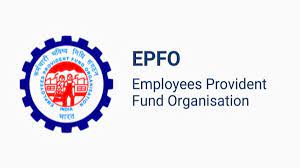Exchange-Traded Funds:

The total investment by the Employees’ Provident Fund Organisation (EPFO) in exchange-traded funds (ETFs) in more than seven years has crossed Rs 2.5 trillion, Minister of State in the Labour Ministry recently told Lok Sabha
- An ETF is a collection of marketable securities that tracks an index, a commodity, bonds, or a basket of assets.
- In simple terms, ETFs are funds that track indexes such as CNX Nifty, or BSE Sensex, etc.
- An ETF can be structured to track anything from the price of an individual commodity to a large and diverse collection of securities. ETFs can even be structured to track specific investment strategies.
- ETF funds are somewhat similar to mutual funds in terms of their structure, regulation, and management.
- Just like mutual funds, they are a pooled investment vehicle that offers diversified investment into various asset classes like stocks, commodities, bonds, currencies, options, or a blend of these.
- Unlike mutual funds, ETFs can be purchased or sold on a stock exchange in the same way that regular stocks can.
- The traded price of an ETF changes throughout the day like any other stock, as it is bought and sold on the stock exchange.
- The trading value of an ETF is based on the net asset value of the underlying stocks that it represents.
- ETFs typically have higher daily liquidity and lower fees than mutual fund schemes, making them an attractive alternative for individual investors.




